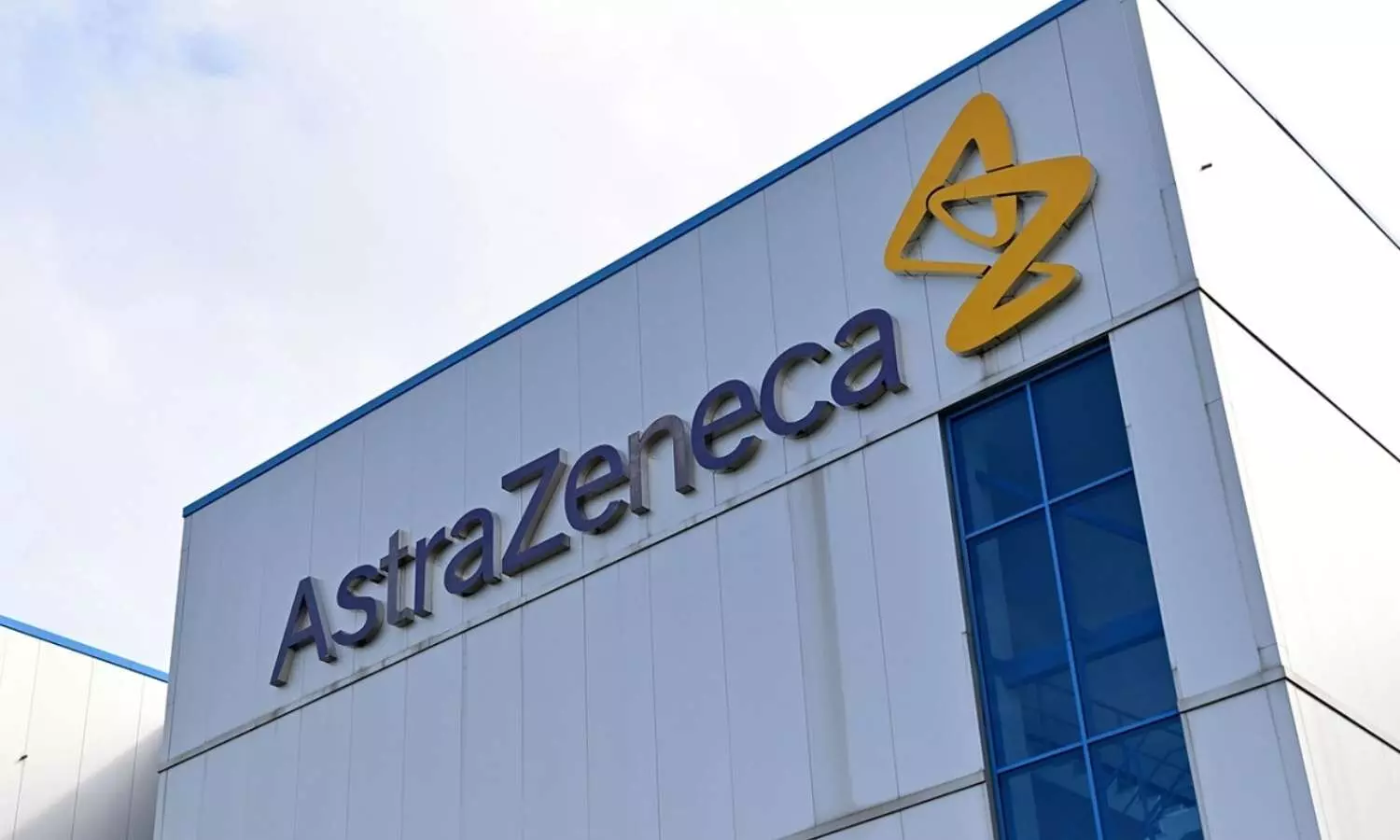- Home
- Medical news & Guidelines
- Anesthesiology
- Cardiology and CTVS
- Critical Care
- Dentistry
- Dermatology
- Diabetes and Endocrinology
- ENT
- Gastroenterology
- Medicine
- Nephrology
- Neurology
- Obstretics-Gynaecology
- Oncology
- Ophthalmology
- Orthopaedics
- Pediatrics-Neonatology
- Psychiatry
- Pulmonology
- Radiology
- Surgery
- Urology
- Laboratory Medicine
- Diet
- Nursing
- Paramedical
- Physiotherapy
- Health news
- AYUSH
- State News
- Andaman and Nicobar Islands
- Andhra Pradesh
- Arunachal Pradesh
- Assam
- Bihar
- Chandigarh
- Chattisgarh
- Dadra and Nagar Haveli
- Daman and Diu
- Delhi
- Goa
- Gujarat
- Haryana
- Himachal Pradesh
- Jammu & Kashmir
- Jharkhand
- Karnataka
- Kerala
- Ladakh
- Lakshadweep
- Madhya Pradesh
- Maharashtra
- Manipur
- Meghalaya
- Mizoram
- Nagaland
- Odisha
- Puducherry
- Punjab
- Rajasthan
- Sikkim
- Tamil Nadu
- Telangana
- Tripura
- Uttar Pradesh
- Uttrakhand
- West Bengal
- Medical Education
- Industry
AstraZeneca Gets CDSCO Panel Nod to Study anticancer drug Volrustomig

New Delhi: The drug major AstraZeneca has got approval from the Subject Expert Committee (SEC) functional under the Central Drug Standard Control Organisation (CDSCO) to conduct the Phase III clinical trial of the Monoclonal Antibody Volrustomig.
This came after the drug major AstraZeneca presented Phase III clinical trial protocol No. D798AC00001.
The above study is a global study of Volrustomig plus chemotherapy versus Pembrolizumab plus chemotherapy for Participants With Metastatic Non-small Cell Lung Cancer. (eVOLVE-Lung02)
The purpose of the study is to test the efficacy and measure the safety of volrustomig in combination with chemotherapy compared with pembrolizumab in combination with chemotherapy as 1L treatment in participants with mNSCLC in PD-L1 < 50%.
Volrustomig is a bispecific antibody that targets programmed death 1 (PD-1) and cytotoxic T lymphocyte-associated antigen 4 (CTLA-4). This dual-targeting bispecific antibody has the potential to enhance the therapeutic benefit and decrease the risk of toxicity which is typically associated with CTLA-4 inhibitors.
Monoclonal antibodies targeting the immune checkpoint proteins such as PD-1 and CTLA-4 have been around for a long time, however, due to their limited effect on the majority of patients, the idea of dual immune checkpoint inhibitors using bispecific antibodies has been gaining attention from researchers all over the world.
The drug candidate is a bi-specific monoclonal antibody. It is administered through an intravenous route. It acts by targeting programmed cell death protein 1 (PD-1) and Cytotoxic T Lymphocyte Protein 4 (CTLA4).
At the recent SEC meeting for oncology and hematology held on 21st and 22nd December 2023, the expert panel reviewed the Phase III clinical trial protocol No. D798AC00001.
After detailed deliberation, the committee recommended the grant of permission to conduct the clinical trial as presented by the firm.
Also Read: CDSCO Panel Approves AstraZeneca's Proposal for Protocol Amendment of anti-cancer drug Asciminib
Doctor of Pharmacy
Dr. Divya Colin, a Doctor of Pharmacy Graduate with extensive experience in clinical and hospital settings and confidently equipped with diagnostic and therapeutic skills. She also has spread out exposure to Oncology Departments in Mysore Medical College and Research Institute as Oncology Pharmacist. Currently she is building a career in clinical research and clinical data management. She has been a part of Medical Dialogue since January 2022.



